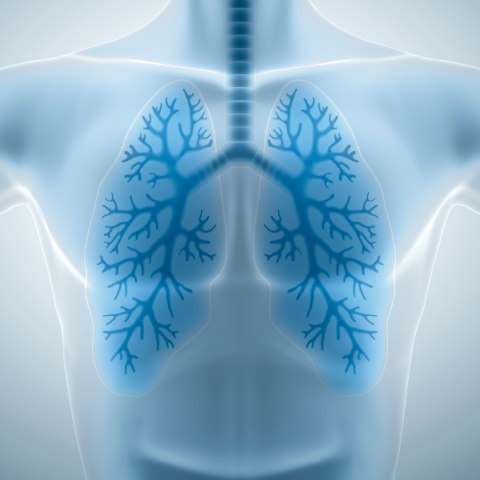TB still on the increase in Northern Ireland

On World TB Day (Monday 24 March), new figures from the Public Health Agency (PHA) have revealed a steady increase in cases of tuberculosis (TB) in Northern Ireland since 2021.
There were 86 cases of TB notified to the PHA in 2024, an increase from 78 cases reported in 2023, 69 cases reported in 2022 and 54 cases in 2021.
Dr Jillian Johnston, Consultant in Health Protection at the PHA, said: “TB is an infection that is spread in the air by inhaling small droplets from someone with infectious TB of the lungs who coughs, sneezes, talks or sings. Although TB mainly affects the lungs, it can affect any part of the body. The good news is that TB is treatable and curable for the vast majority of people, however early detection and treatment is important to help avoid health complications and to reduce the risk of spreading the disease to others.
“While the overall rate of TB is low in Northern Ireland, we need to remain vigilant to the serious risks it can pose.”
Almost anyone can get TB, but some people are more at risk than others due to social risk factor (SRF). These include:
- people in close contact with someone who is infected, for example, living in the same house;
- people that have lifestyle or social risk factors, such as alcohol or drug misuse or are homeless;
- people that have a condition that weakens their immune system such as renal conditions or diabetes, or are having treatment that weakens their immune system;
- people who have lived or spent time in a country or area with high levels of TB.
Bovine Tuberculosis
Another group of individuals that are at a slightly increased risk of TB are those from the farming community. TB in cattle is caused by the bacterium Mycobacterium bovis (M. bovis). The organism also has the capacity to infect and cause TB in humans.
Although the overall risk of bovine TB remains very low, there were three bovine TB cases reported in Northern Ireland in 2024. For those working in the farming community there are steps they can take to reduce the risk of exposure to bovine TB:
- wash hands thoroughly several times a day and always before eating, and after finishing work for the day;
- wash skin wounds immediately with soap and running water and cover with a waterproof dressing;
- avoid drinking milk that has not been pasteurised or boiled, or eating dairy products made with raw milk;
- if, despite the risks to human health involved, you or someone in your family still wish to consume unpasteurised milk and its products, make sure that the milk comes from an officially TB-free herd;
- do not drink or eat in animal areas.
The UK has signed up to the World Health Organization (WHO) TB elimination targets by 2035, committing to support an annual reduction in TB incidence and transmission.
To help achieve this, the PHA is working with HSC Trusts and other partner organisations to increase awareness and help improve TB diagnosis and treatment, especially for those at higher risk of getting TB. Addressing TB goes beyond healthcare and requires the consideration of the wider social determinants of health and the support services around these issues. This collective approach aims to reduce infection and help people lead healthier lives.
Everyone should be aware of the symptoms of TB, which include a prolonged cough, fever and unexplained weight loss. If anyone is concerned about their symptoms they should contact their GP. Greater awareness can mean the condition is diagnosed and treated much earlier.
Any of the following symptoms may suggest TB:
- fever and night sweats;
- persistent cough;
- unexplained weight loss;
- blood in your sputum (phlegm or spit) at any time.
For further information see www.pha.site/tb-leaflet and www.nidirect.gov.uk/conditions/tuberculosis-tb
In 2024, 23.3% of people diagnosed with TB had at least one social risk factor (SFR), an increase from 14.1% in 2023. SRFs are conditions that increase the likelihood of negative health outcomes for individuals and communities, such as low income, reduced access to education or healthcare and unemployment.
There were:
- 86 cases of TB notified to the PHA in 2024. This equates to a rate of 4.5/100,000 population*
- 78 cases reported in 2023 (4.1/100,000 population**)
- 69 cases reported in 2022 (3.6/100,000 population**)
- 54 cases reported in 2021 (2.8/100,000 population**)
* Northern Ireland Statistics and Research Agency (NISRA) mid-year Census denominator for 2023.
** Northern Ireland Statistics and Research Agency (NISRA) mid-year Census denominator for the given year(s)
For information on the BCG vaccination and who is eligible visit www.pha.site/BCG
